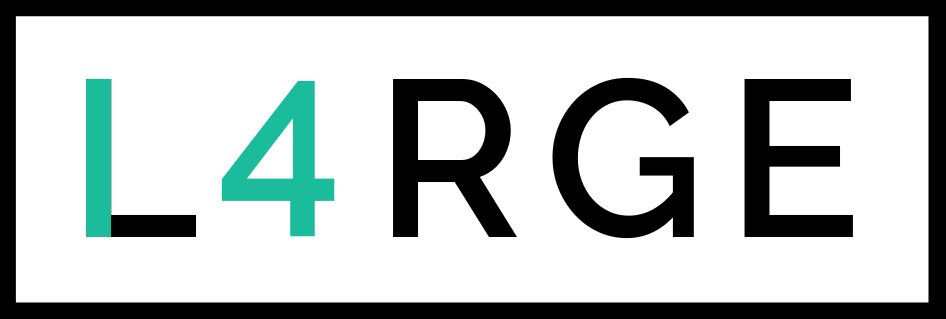02 Aug 7 Reasons Brands Should Block ChatGPT From Scraping Their Content
You’ve undoubtedly read the millions of articles about ChatGPT. You’ve probably experimented with it and might be using it with your marketing team. Many brand marketers are unaware of one simple fact about the product: It sources information from publicly available information including your website content.
Blocking content from being scraped by AI models like ChatGPT can be important for brands for several reasons:
- Protecting Intellectual Property: Brands often invest significant resources in creating original and valuable content, such as product descriptions, articles, images, and videos. Allowing AI models to scrape and potentially replicate this content could lead to unauthorized use or distribution, undermining the brand’s intellectual property rights.
- Maintaining Control over Messaging: Brands work hard to craft their messaging and maintain a consistent brand image. If AI models scrape content, they may generate responses that don’t align with the brand’s values, tone, or messaging guidelines, potentially damaging the brand’s reputation.
- Preventing Misinformation or Inaccuracies: AI models like ChatGPT generate responses based on the data they have been trained on. If the model scrapes outdated, inaccurate, or misleading content from a brand’s website, it might inadvertently spread misinformation to users.
- Preserving User Experience: Brands prioritize providing a positive user experience on their websites, apps, and other platforms. Scraping content for use in AI models might lead to excessive traffic on their servers, slowing down their platforms or negatively impacting user experience for legitimate users.
- Maintaining User Engagement: Brands often aim to engage users on their platforms through various means, such as interactive features, quizzes, or personalized experiences. If AI models scrape content, these engagement mechanisms could be bypassed, potentially leading to missed opportunities for user interaction and data collection.
- Compliance with Terms of Use: Many brands have specific terms of use or usage policies for their online content. These terms might prohibit scraping, copying, or reproducing their content without permission. Allowing AI models to scrape content could lead to violations of these terms, resulting in legal consequences.
- Commercial Considerations: Some brands monetize their content by requiring users to pay for access or licensing. Allowing AI models to freely scrape and use this content might undermine the brand’s ability to generate revenue from their intellectual property.
Taking Action
To address these concerns, brands may employ measures such as using CAPTCHAs, employing website scraping protection tools, or specifying rules in their robots.txt files to restrict access to their content. These actions help brands maintain control over their online assets, protect their intellectual property, and ensure that the content is used in a manner that aligns with their intended messaging and user experience.
In order to block ChatGPT using the robots.txt method, simply add this code to the file and re-upload it:
User-agent: CCBot
Disallow: /
User-agent: ChatGPT-User
Disallow: /
User-agent: GPTBot
Disallow: /
*Updated 8/24/2023 to including Google Bard and Common Crawl (CCBot) thanks to Neil Clarke.



